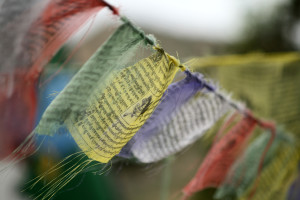
She taught me everything by the time she was three. But I keep forgetting.
The tsunami hits the day before we fly to Hawaii for a holiday in paradise. The long trip and the time change are numbing enough without the odd narcotic of the disaster: a sky-falling, earth-swallowing event of incomparable horror. We traverse a few thousand miles across a now deeper and more ominous ocean. Our extended family from two states reunites, in one piece, in time to light candles beside a whispering night sea. We are all grateful.
There is no talk about what has happened elsewhere. My daughter is a preschooler and, at home, we have entered what will be a long stretch without a working television. We have disabled it: unplugging the non-stop signals that are still collected by the satellite dish on the roof and pulsed to that place in the living room where no one waits or watches. Like most solutions, this one is temporary, but it has provided all the relief we need right now. It has freed us from the need to police and intervene; it has released our child from a junkie’s craving and stupor; and it has liberated us from what the mass media seems to suggest is the most prevalent issue in modern parenting: What to Tell the Children.
This is what the media serves up to us over and over again, within hours of natural and unnatural disasters: 9/11, floods, fires, hurricanes, wars, beheadings, shootings, earthquakes, rampages, murders. Even contested presidential elections. “What to Tell the Children,” they intone, delivering their expertly articulated opinions. They are, indeed, quite expert at giving this advice. It’s the same advice dispatched after every catastrophic story — stories we believe, by virtue of the ever-widening screens in our homes, to have happened to us. We say that these events have entered our collective consciousness. But if we stopped long enough to consider how they got there, we might realize that “What to Tell the Children” is incidental to “What to Tell the Parents,” which is to turn off the TV.
The aim of all my years of Zen practice has been to get to this point: the point of seeing what really happens in my life. All that sitting still and staring out during meditation is for the sole purpose of glimpsing the difference between what occurs in front of me and what occurs in the inaccessible, inexhaustible reaches of my imagination. In this way, Zen practice is frequently misunderstood as disengaging from the life around us. Fully realized, Zen practice disengages only from the life of the ruminative mind; it is not for one moment disengaged from real life.
Attuned then, finally, to what is, a person might actually pick up a rather shocking bit of news. Despite all the talk about talk, contrary to the rarefied status of the spoken word, regardless of all the good press about interpersonal communication, there’s hardly ever very much that needs to be said.
We can learn this by spending years on a meditation cushion. Or we can learn this in three easy lessons from the children in our midst.
~
“What did you do at school today?” This is how Georgia and I always begin our drive home from preschool. I do the asking, studying my daughter’s face in the rear-view mirror to intercept the visual clues that I decode into conversation. There is a smear of paint on the curve of her jaw; she sucks a grimy thumb while she gazes out the window. She never answers this question to my satisfaction. No kid ever answers this question to a parent’s satisfaction.
“I don’t know,” she says.
She sounds like a troublesome teenager already. I dunno.
I hear it like a challenge. I take it as an affront. Is that sullenness? Is that concealment? What really went on today? Is she unhappy at school? Bored? Bullied? Ignored? Or worse? Silenced by unspeakable trauma? How can it be that nothing remarkable happened at school today to this most remarkable child?
I sound like a troublesome mother already. You never call. You never write.
The topic is communal around the school. It comes up at Parents’ Night when a father suggests that the teachers in our class of 22 four-year-olds might busy themselves composing a little narrative report about what each one of our kids do every day. Our children’s accounts are so insufficient, he reasons, so lacking. The teachers’ eyes widen and roll. I find myself responding on their behalf and answering my own question in the process.
“What we have here is a gap between what we need to hear and what our children need to tell us.” I say the words to the other parents, but I am soothing myself. As addicted as we might be to information and assessments, to texts and tweets, to executive summaries and PowerPoints, to journals and blogs, to news and gossip, our children are altogether blessedly free of all that. They don’t process their day as a set of events; they don’t bullet-point it for easy recitation. There are no highs or lows. They just live it: playing, singing, climbing, painting, kicking, digging, shoving, crying, and who knows what all, completely immersed in the flow. When it’s over, it’s over, with nothing left to talk about.
“I don’t know,” my daughter says again the next day, and I catch the drift, the wisdom of the ancients. Not knowing is most intimate.
~
Sometimes I engage Georgia in talk just for entertainment. Everyone does this. We ask the little ones what they want to be when they grow up. It’s funny to watch them wobble forward into this strange place, this neverland of the future, and concoct something out of the wisps of the unreal, something charmingly unimaginable and sometimes biologically impossible. “I want to be a giraffe!”
We don’t see the risk in this; we don’t see the lesson. We ask a child what she wants for her birthday next month and — whoops — dislodge an avalanche of desires. We murmur about the doctor visit next week and — gee whiz — ignite a fireball of anxiety. We think out loud about our vacation plans for next year and — never mind — stir up restlessness. We don’t realize how many times we aim to curry favor, tame tempers, or just distract ourselves by talking about what is going to happen tomorrow. It doesn’t seem strange to us to spend so much time talking about what isn’t. It’s where we adults live most of the time.
“What day is tomorrow?” my daughter asks. I’m pleased that she has learned the days of the week.
“Wednesday,” I say.
“No, what day is tomorrow?” she asks again.
“Today is Tuesday, so tomorrow is Wednesday.”
“But when is it tomorrow?”
I’m no longer sure what she is asking.
“It goes Monday, Tuesday, Wednesday, Thursday, Friday,” she ticks them off. “But when is it Tomorrow?”
When is that day called “Tomorrow,” that factors so eternally in our plans and schemes? I gape at her clear-eyed misperception, at her supremely intelligent confusion. How many times have I lost her in the mists of my ramblings about that never-to-come day? Her question reverberates and I hear anew the last word of the immortals. Just this.
~
Surely there’s more than just this to take care of, we might argue. Surely there’s more than just our own spilt milk to cry over. In the face of so much pain and suffering, calamity, bloodshed, hunger, and homelessness, surely there’s something more we can do somewhere else.
Driving home from a week’s meditation retreat, stopped at a traffic light in the steamy summer heat, I see a man, his face crumpled, holding an old McDonald’s cup. He’s weaving through the idling cars with a sign. I don’t think; after a week’s retreat, I don’t have to. I reach into my wallet, where I know I have no smaller than two untouched twenties, and I drop one into the cup. His eyes and mouth break open as he looks inside and blesses me.
I’ve talked about this kind of thing with my daughter. Explained, touted, preached. “When we come across people who need something, we give it to them,” I say as I hold up traffic, tossing a dollar bill to the guy who stands on the corner at Lake Avenue.
The first day back at home the phone keeps ringing.
The university calls. “We’re asking all alumni . . . ” the woman starts. I cut her off.
“I’m happy with what I’ve given so far.”
The next time I pick up a call, it’s from someplace called the Cancer Recovery Center. I end it quickly with a curt refusal.
“Who was that?” my daughter wonders at my swiftness.
“Someone who wanted money.” I bear down on the last scurrilous word to close the case.
“Maybe if they need it, we should give it to them,” she says, and I’m face-to-face with the profound. The great Way knows no difficulty.
~
Hawaii is now a memory. We holidayed by a crystal bay where sea turtles bobbed on a seamless gleam and baby waves broke at our feet.
One night, months later, I open up a favorite picture book for a bedtime story.
“‘Hello, ocean, my old best friend,'” I begin the rhyme. “‘Amber seaweed, speckled sand, bubbly waves that kiss the land.'”
Georgia interrupts. “And sometimes the ocean comes way up and covers everything,” she says, as sure as an eyewitness.
I freeze. She has seen it. She was there when we turned on the TV, in vain search of a forecast so we could sightsee on a sunny day. She was there when we clicked back and forth and back again to that mesmerizing footage of the ocean retreating, then towering, then tumbling forward into a bottomless, screaming blackness.
Now. What to Tell the Children?
“Sometimes it does.”
~
Originally published in 2006 at Literary Mama
Get Maezen’s writing delivered to your inbox.
Subscribe to my newsletter • Come to a retreat • Friend me • Follow me.

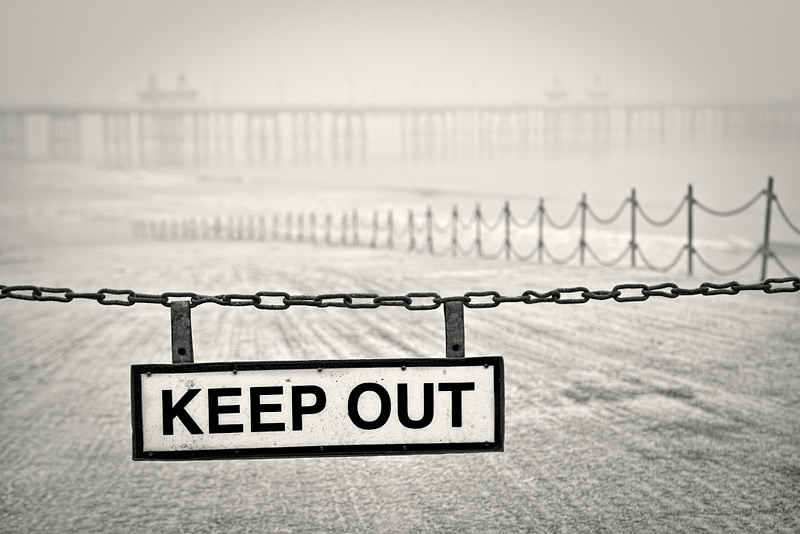

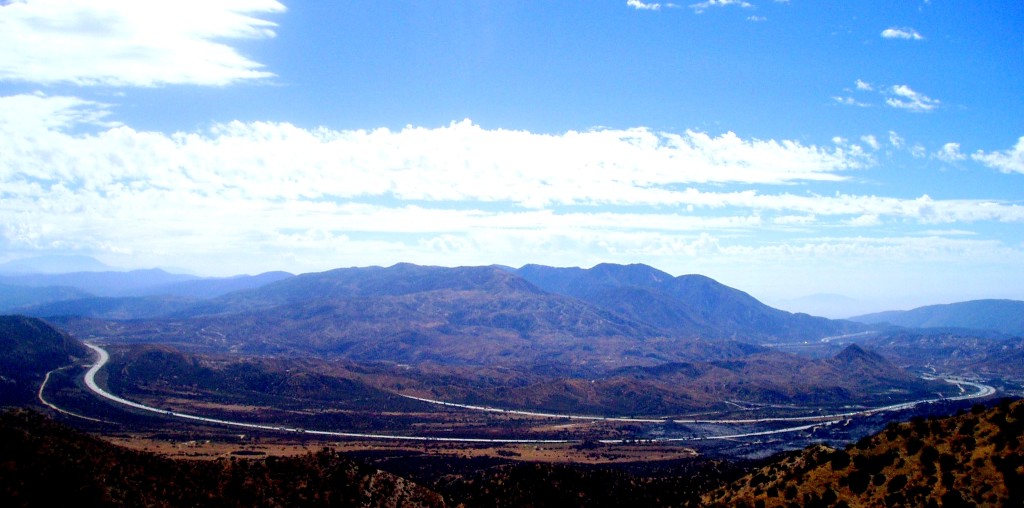
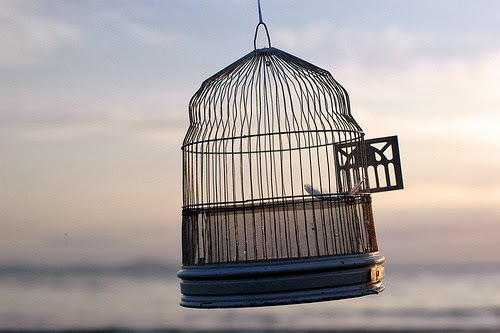
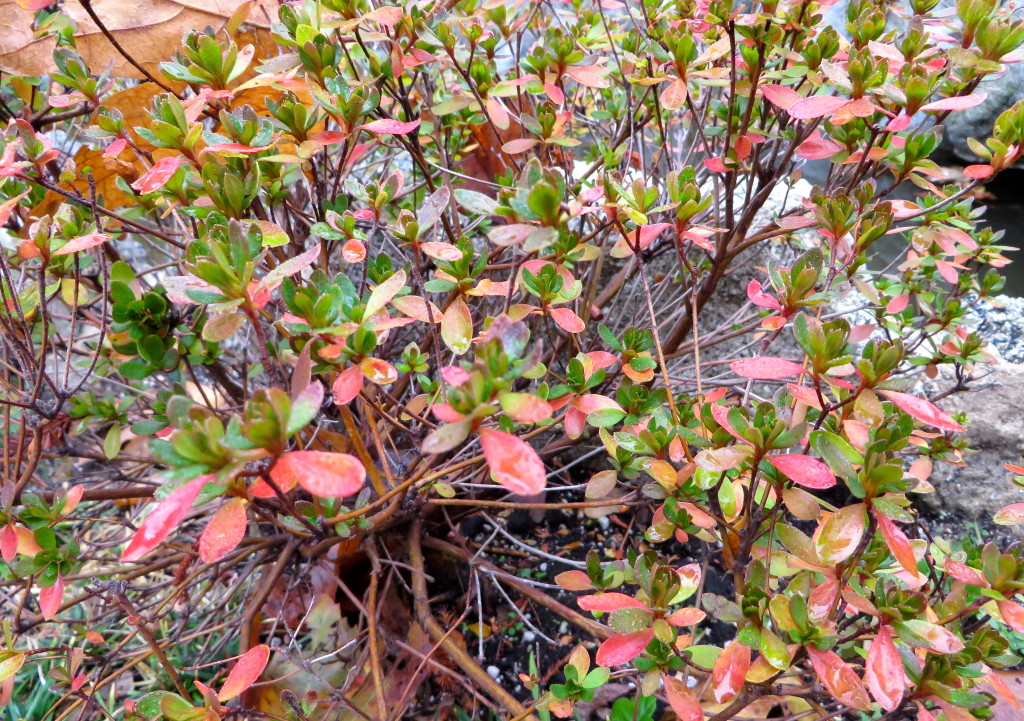
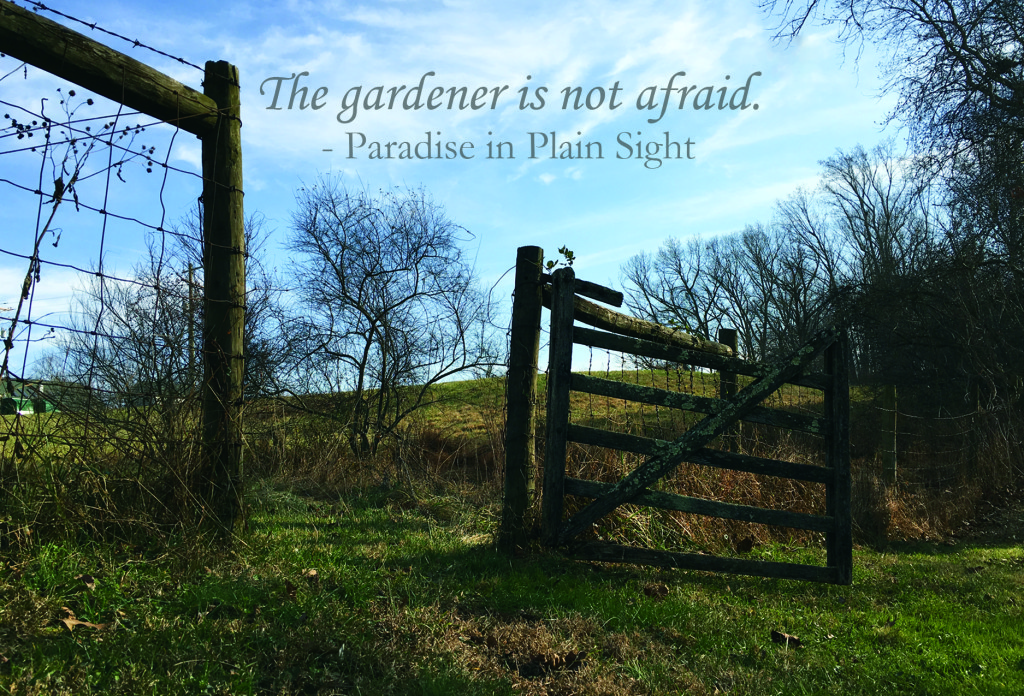

 Do not be me.
Do not be me.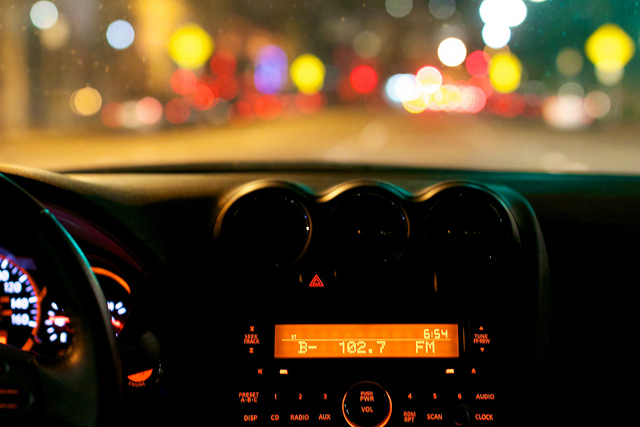
 If my practice doesn’t make me more tolerant, humble,
If my practice doesn’t make me more tolerant, humble,

